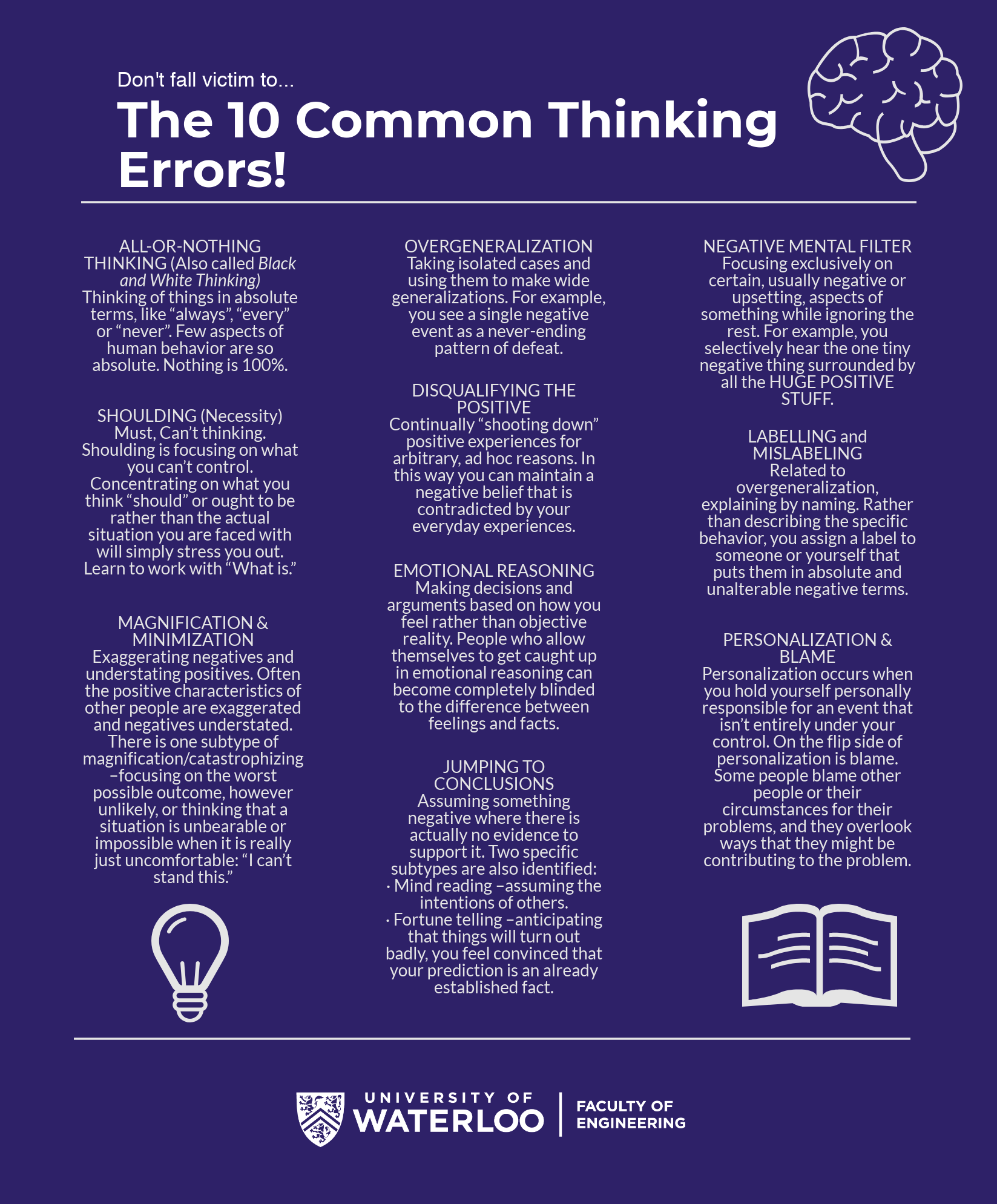Over the past few weeks I've noticed a shift in my thinking patterns. It wasn't entirely obvious at first, and was likely influenced by the constant stream of garble and disappointment hitting me from every possible angle and every fathomable source. It was more apparent last week than the week before. This weekend it made itself completely evident. I've been more edgy than usual; more cautious than not; and more... well... angry in general! I've slid from having a positive, optimistic outlook into a wallow of negativity, pessimism, fear, and doubt. Feelings of apathy and indifference are starting to surface, and I'm beginning to seriously doubt my own competencies and abilities. I'm not feeling OK - I haven't been for awhile now. But I'm starting to realize, that too, is actually OK...
"If there is no struggle, there is no progress"
Negativity is a familiar bedfellow for most of us, and today's world is full of negative these days! It's understandable to be impacted by it. Normal even. Our brains have negativity set as the default and if we simply cruise on autopilot the ride is bound to be unenjoyable and unpleasant. Who cares if you don't have your arms in legs inside the ride? You're not going to have fun anyway!
In keeping with this disappointing theme, unfortunately, it is with utmost distaste, disdain, and regret that we announce this week's blog post will touch on such depressingly irritating topics as negativity, biases, and the tedious, difficult, unpleasurable reality of not being OK(oh bother). I wrote that in Eeyore's voice.
Check out the drop-downs below for this week's info. If you ever need to chat, scream, or yell, ENGWellness is here for you!
Thanks again for taking the time to read, and please let us know if you have anything you would like to see covered or anything you would like us to share in a future post! Connect with us at: engwellness@uwaterloo.ca.
Stay Safe and Healthy!
-- Sam and Renate
